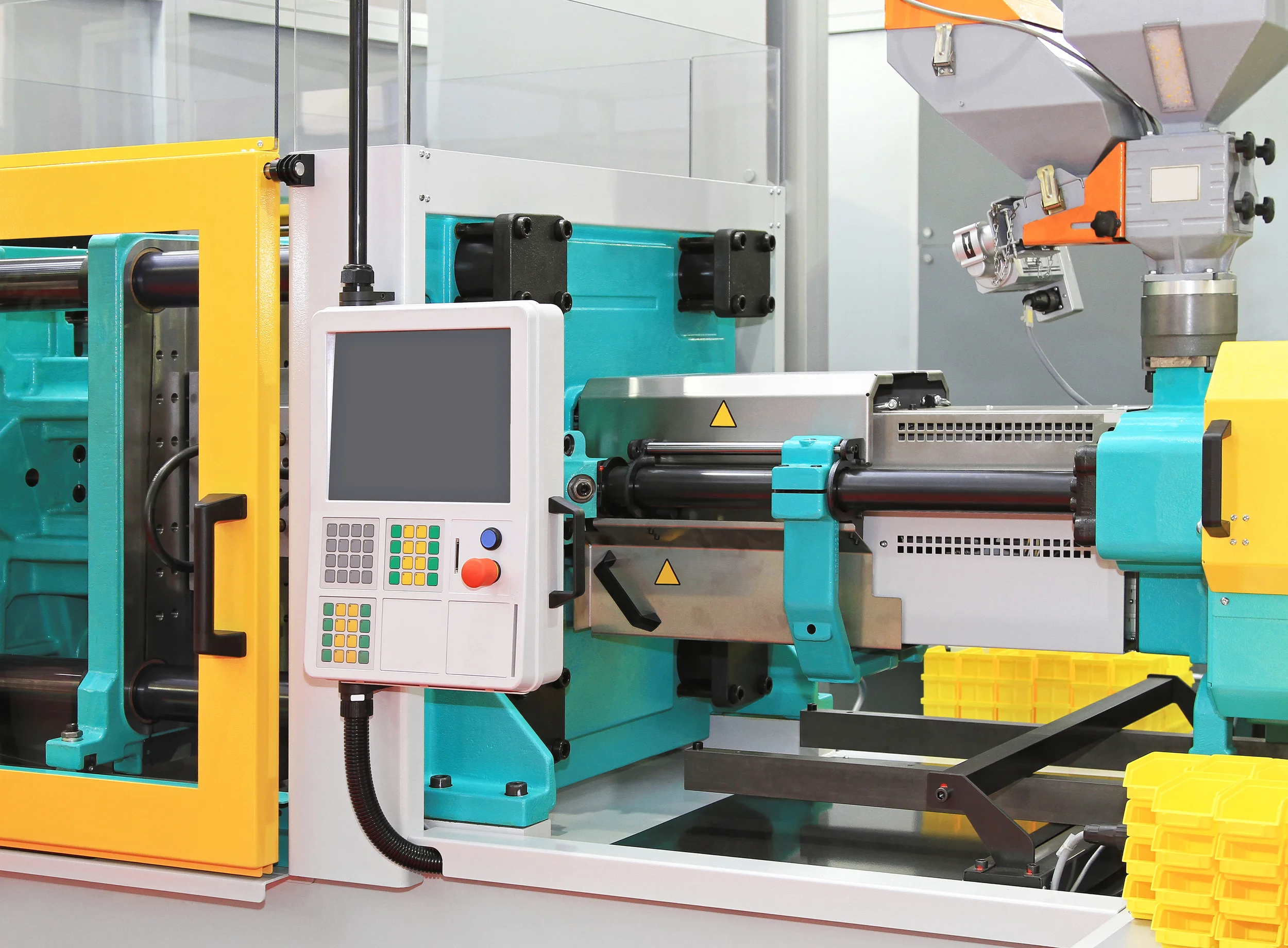Injection Molding is considered a special process by the FDA. Find out why you should validate your injection molding process.
What is a special process?
The term special process may be used to describe a process where not all results can be fully verified after the component is made. Verification best describes the activity of testing, measuring, or inspecting a component after it is made.
We verify that the process made a part that meets all predetermined requirements. We can measure all dimensions you may argue. And you are correct. We could verify dimensions.
What about polymer integrity or polymer structure?
If we mold a resin that is sensitive to moisture absorption, we need to validate the drying and molding process because we can not verify macro molecular composition of the part after it is molded. Leave too much moisture in the part at the time of molding, and you may have a component with degraded molecules (Hydrolysis).
The result of such degradation could be premature mechanical failure. Or if resin is used and dried too many times, we may deplete the resin from thermal stabilizers and cause degradation once more (Thermal Degradation). The same degradation may occur if residence time in the molding machine is too long.
A visual inspection of a molded component will not provide any information regarding mechanical integrity. Semi-crystalline polymers give us another reason why the molding process needs to be validated. Cooling rate has a big impact on the part's level of crystallinity. The percent crystallinity has a noticeable impact on mechanical behavior of the component.
As most molders know semi-crystalline parts could deform if exposed (post-molding) to temperatures greater than the original mold temperature. When we build medical devices we need to be sure we make parts that meet (all) specifications.
Validating a process ensures that we mistake proof all our equipment, that we perform a thorough risk analysis, that we characterize our process, and that we demonstrate capability and repeatability. Evaluating risk means that we understand how a change in our process affect the patient. And that is exactly what we should do.
Learn more about mold qualification, installation qualification of injection molding machines, risk management for injection molding, and statistics needed to demonstrate that you have a capable process.
We teach a one day course on FDA expectations, Process Design, Installation Qualification, Operational Qualification, and Performance Qualification.
Let us show you how to write the proper protocols, how to set up your experiments, how to analyze data, and how to present the completion report in a way that meets your customer's expectations.
